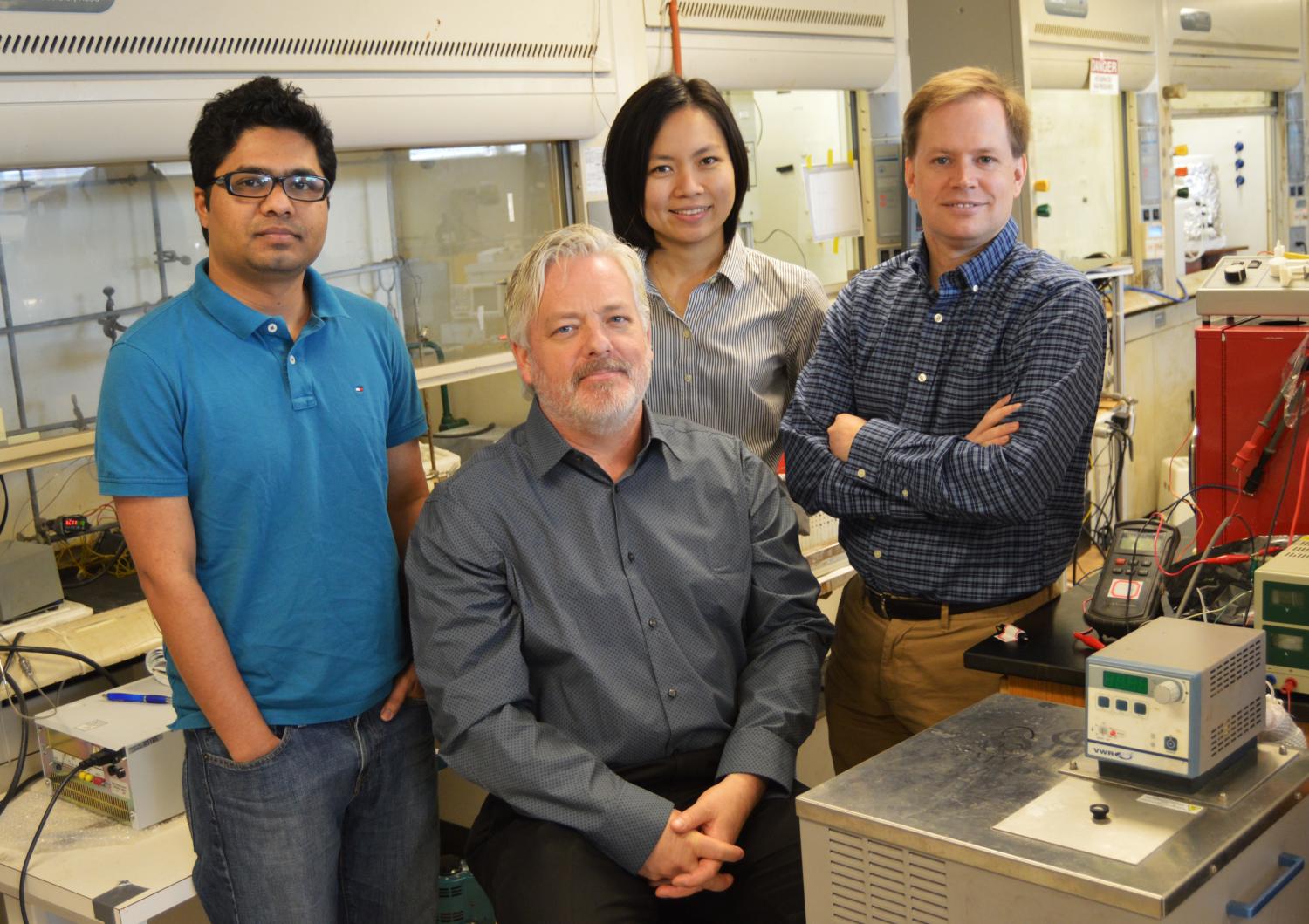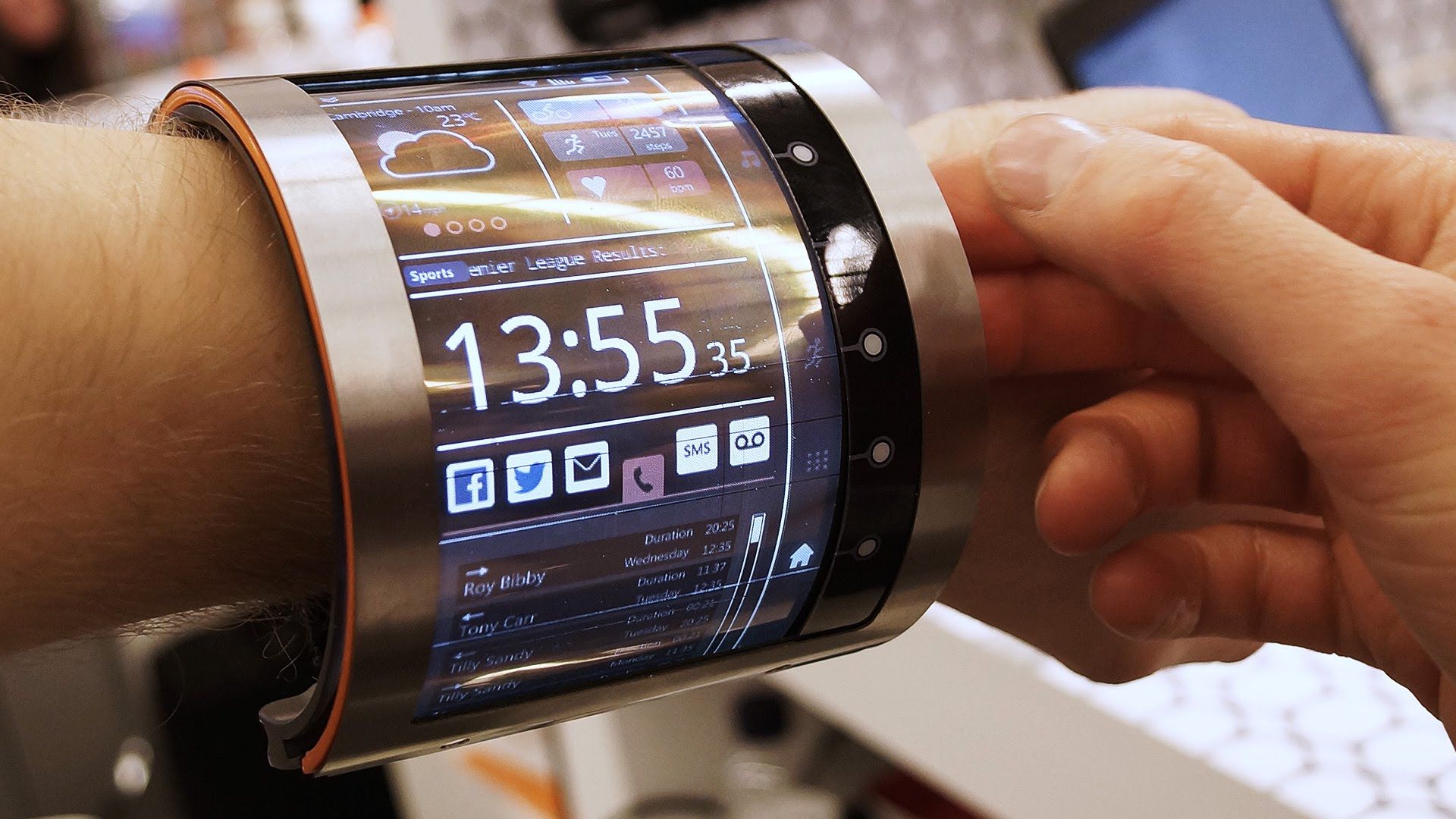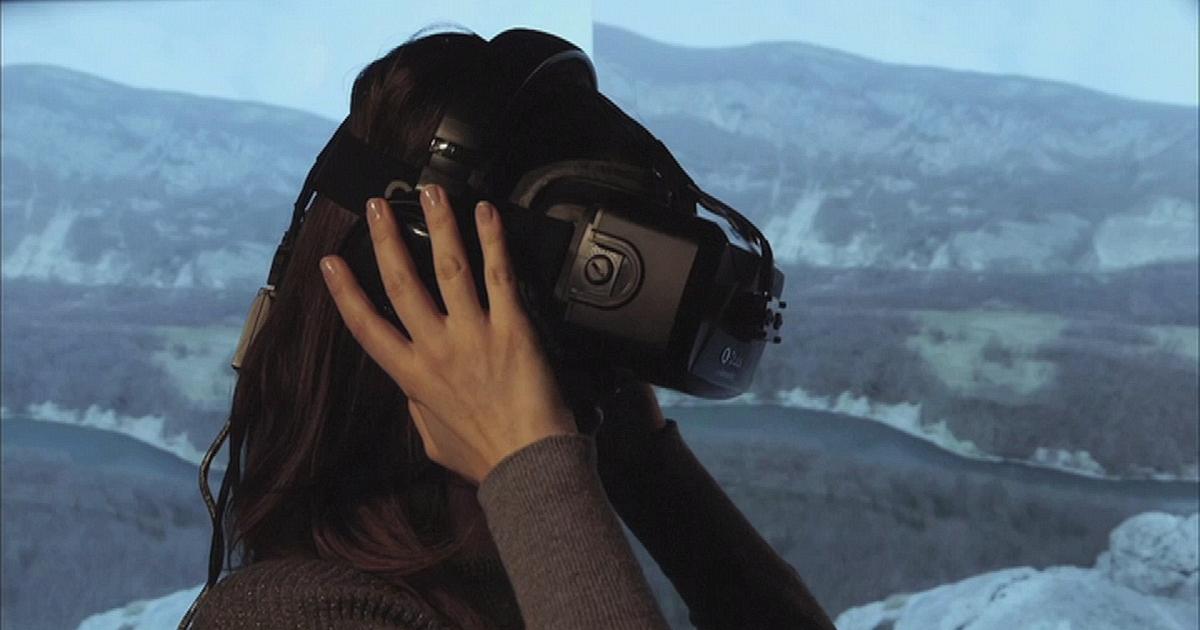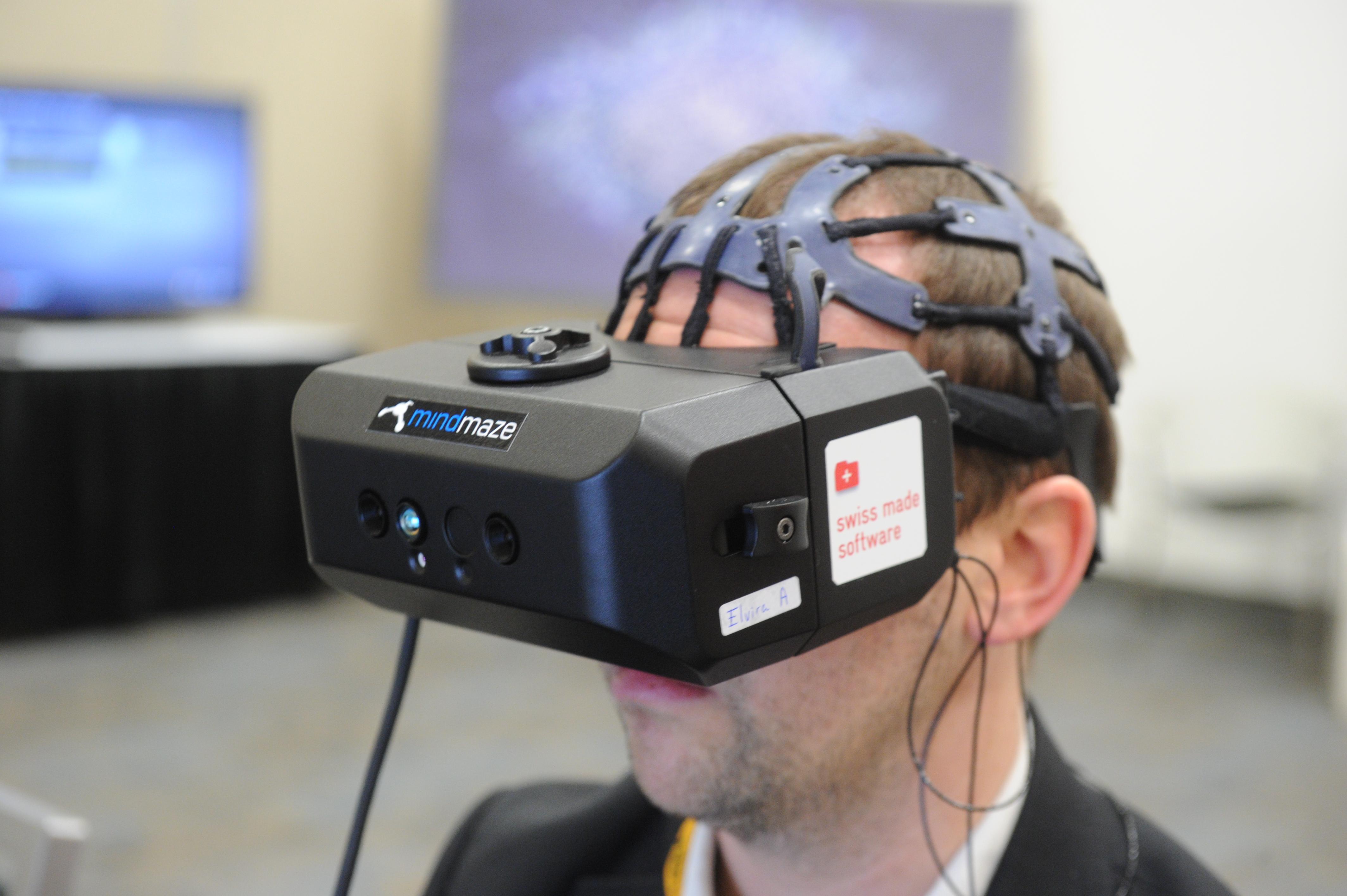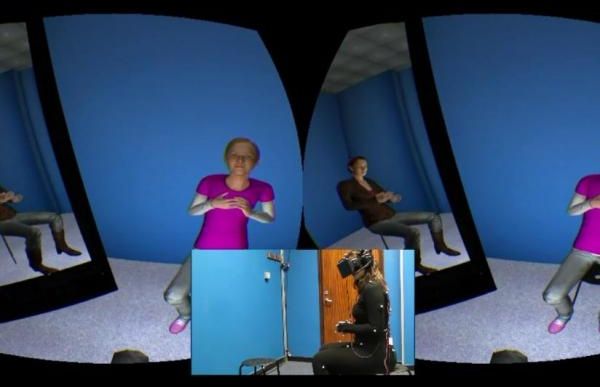Feb 23, 2016
Proven one-step process to convert CO2 and water directly into liquid hydrocarbon fuel
Posted by Montie Adkins in categories: chemistry, sustainability, transportation
Our next step is to develop a photo-catalyst better matched to the solar spectrum,” MacDonnell said. “Then we could more effectively use the entire spectrum of incident light to work towards the overall goal of a sustainable solar liquid fuel.
A team of University of Texas at Arlington chemists and engineers have proven that concentrated light, heat and high pressures can drive the one-step conversion of carbon dioxide and water directly into useable liquid hydrocarbon fuels.
This simple and inexpensive new sustainable fuels technology could potentially help limit global warming by removing carbon dioxide from the atmosphere to make fuel. The process also reverts oxygen back into the system as a byproduct of the reaction, with a clear positive environmental impact, researchers said.
